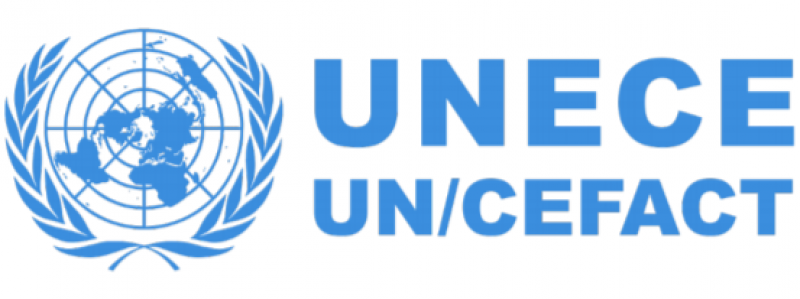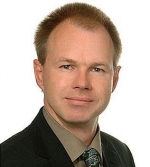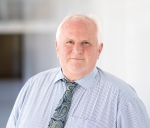| Tuesday, November 12, 2019 | |
Executive Keynotes Opening Ceremony |
|
| Chair | Laith Altimime |
| 10:00 | Opening & Welcome Remarks |
| Laith Altimime, President, SEMI Europe | |
| 10:20 | Topic to be announced soon |
| Oliver Schwab, Head of Business Engagement, WEF | |
| 10:40 | Embracing Connectivity: Technologies Transforming the Digital Healthcare |
Anushka Patchava, Expert Advisor, Global Digital Health, AI and Blockchain Strategist, United Nations Centre for Trade Facilitation and Electronic Business (UN/CEFACT) Embracing Connectivity: Technologies Transforming the Digital Healthcare
 Abstract Biography |
|
| 11:00 | Semiconductor Innovation Driving Future Mobility |
Berthold Hellenthal, Head of Audi Comprehensive Semiconductor Strategy, Audi AG, Audi AG Semiconductor Innovation Driving Future Mobility
 Abstract Biography |
|
| 11:20 | Topic to be announced soon |
| IBM Europe | |
| 11:40 | Next Generation Computing |
Hubert Lakner, Director Fraunhofer-Institute for Photonic Microsystems IPMS, Fraunhofer IPMS Next Generation Computing
 Abstract Biography |
|
| 12:00 | Topic to be announced soon |
| Sundar Ramamurthy,Group Vice President, Applied Materials | |
| 12:25 | End |